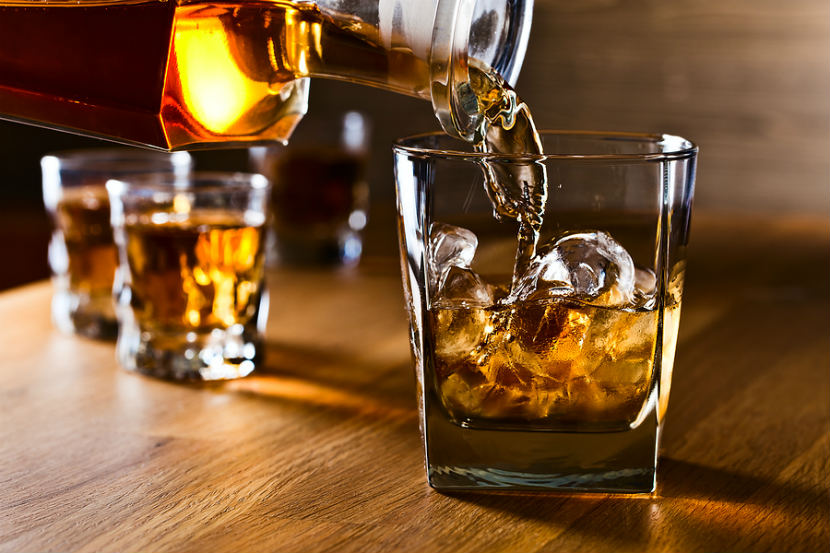The time how long does it take for alcohol to kick in or start affecting your body can vary depending on several factors, including the amount of alcohol consumed, your body weight, metabolism, and whether you have eaten recently. Generally, you may start feeling the effects of alcohol within 10 to 30 minutes after consumption.
However, it’s important to note that alcohol can continue to enter your bloodstream and increase its concentration even after you stop drinking. The peak blood alcohol concentration (BAC) is typically reached within 30 minutes to 2 hours after consuming alcohol, again depending on various factors.
It’s essential to remember that the effects of alcohol can vary from person to person, and alcohol affects everyone differently. It is always advisable to drink responsibly, be aware of your limits, and never drive under the influence of alcohol.
FAQs
Q: How long does it take for alcohol to kick in?
A: The time it takes for alcohol to take effect can vary depending on several factors, such as the amount consumed, body weight, metabolism, and whether you have eaten recently. Generally, you may start feeling the effects of alcohol within 10 to 30 minutes after consumption. However, it’s important to note that alcohol can continue to enter the bloodstream and increase its concentration even after you stop drinking. The peak blood alcohol concentration (BAC) is typically reached within 30 minutes to 2 hours after consuming alcohol, depending on various factors.
Q: What factors can influence how quickly alcohol kicks in?
A: Several factors can affect how quickly alcohol takes effect, including:
- The amount consumed: Consuming larger quantities of alcohol will generally lead to faster and more pronounced effects.
- Body weight: Alcohol can be distributed throughout the body, and individuals with higher body weights may experience a slower onset of effects compared to those with lower body weights.
- Metabolism: Each person’s metabolism is different, and individuals with faster metabolisms may process alcohol more quickly.
- Food intake: Having a meal before drinking alcohol can slow down its absorption, delaying its effects.
- Tolerance: Individuals who regularly consume alcohol may develop a tolerance, meaning they require more alcohol to feel the same effects, potentially leading to a delayed onset.
Q: What are some of the early signs that alcohol is taking effect?
A: The early signs that alcohol is taking effect can vary from person to person. Some common early signs include:
- Feeling relaxed or euphoric
- Decreased inhibitions
- Altered judgment or decision-making
- Increased talkativeness or social behavior
- Flushed face or increased warmth in the body
- Slight impairment in coordination or balance
It’s important to remember that alcohol affects everyone differently, and these early signs can vary depending on individual tolerance and other factors. Drinking responsibly and being aware of your limits are crucial to avoid potential risks or negative consequences associated with alcohol consumption.
Q: Can the effects of alcohol be delayed?
A: Yes, the effects of alcohol can be delayed depending on various factors. Consuming alcohol on a full stomach can slow down its absorption and delay the onset of its effects. Additionally, factors such as tolerance, individual metabolism, and the rate of alcohol consumption can also influence how quickly or slowly the effects are felt. It’s important to be mindful of this and avoid consuming alcohol too quickly in order to gauge its effects accurately and avoid potential overconsumption.
Read This: How it Feels to Float
